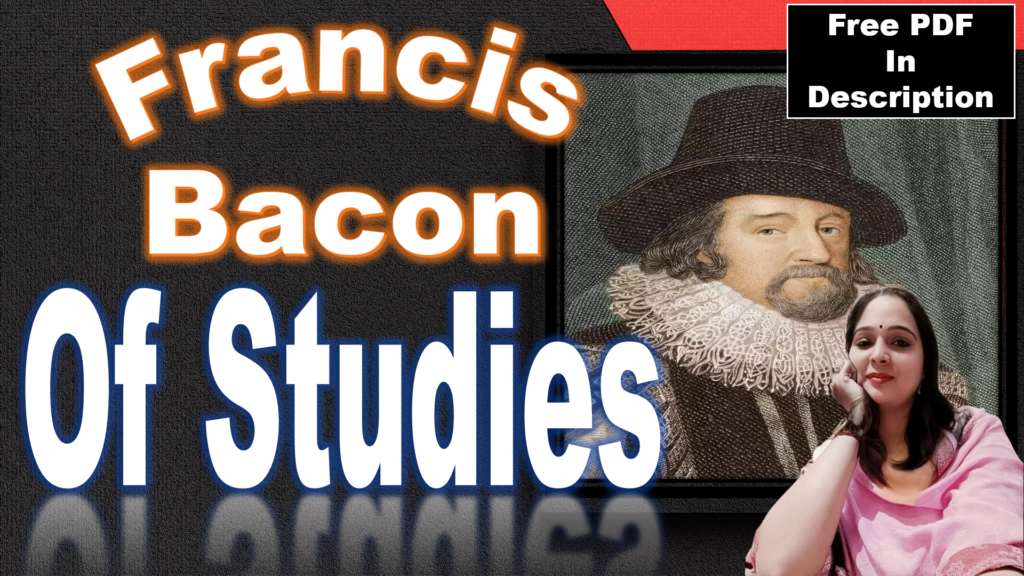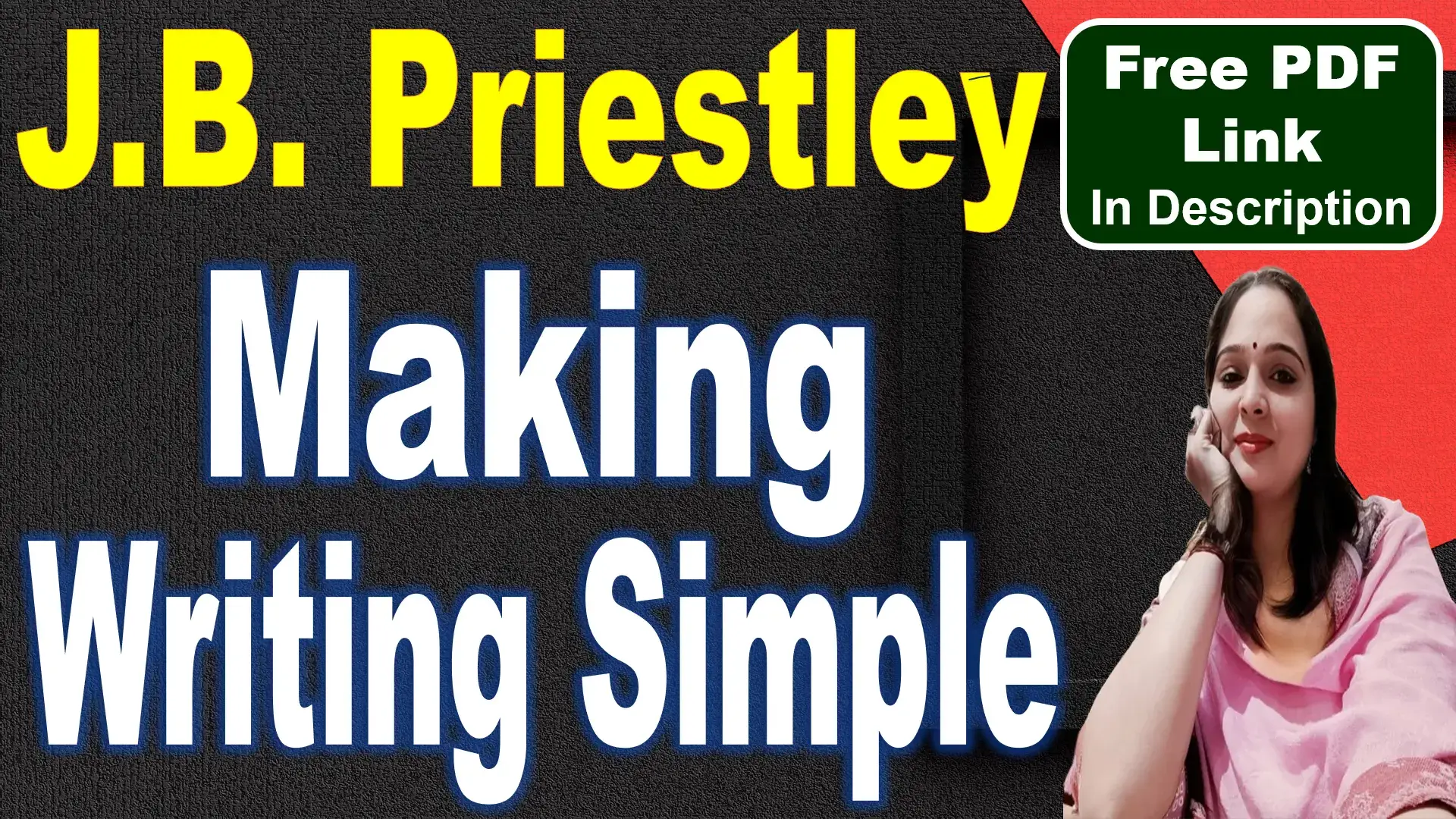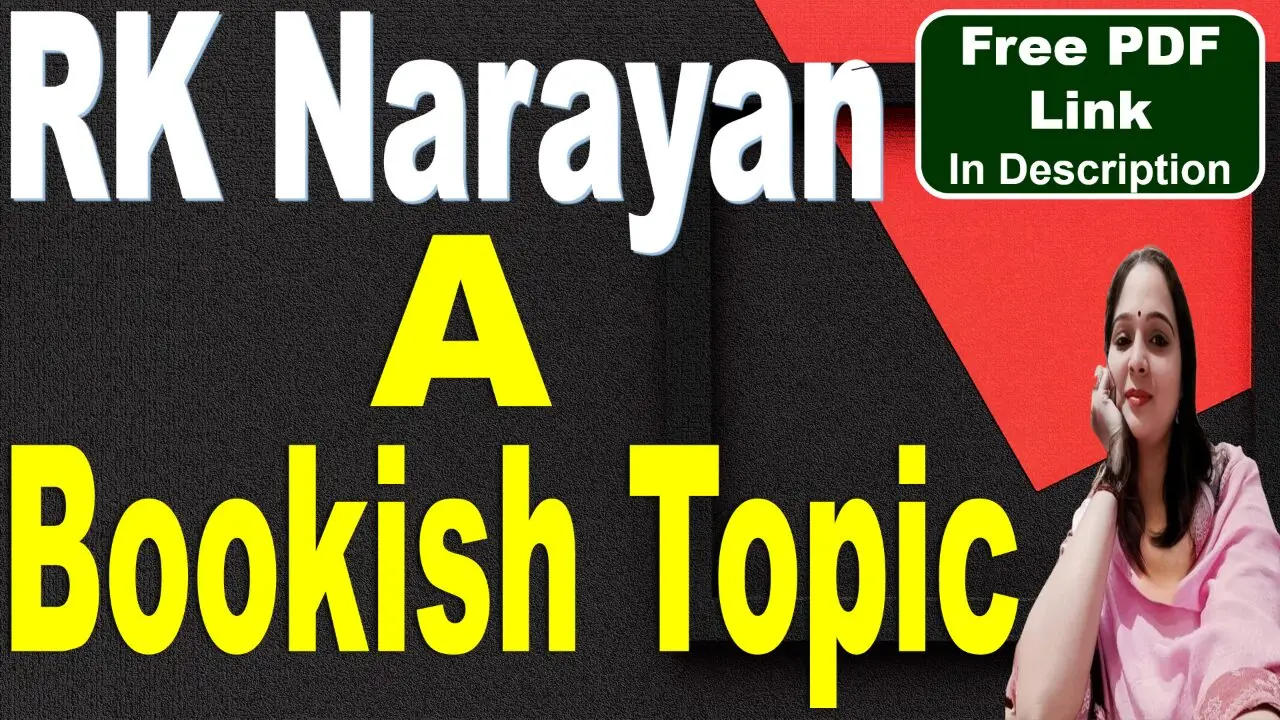
Of Studies by Francis Bacon | Of Studies Essay | Francis Bacon | Explanation | Summary | Word Meaning | Questions Answers | Critical Appreciation | Francis Bacon as Essayist | Free PDF Download – Easy Literary Lessons
Of Studies
Studies serve for delight, for ornament, and for ability. Their chief use for delight is in privateness and retiring; for ornament, is in discourse; and for ability, is in the judgment and disposition of business. For expert men can execute, and perhaps judge of particulars, one by one; but the general counsels, and the plots and marshalling of affairs, come best from those that are learned. To spend too much time in studies is sloth; to use them too much for ornament, is affectation; to make judgment wholly by their rules, is the humor of a scholar. They perfect nature, and are perfected by experience: for natural abilities are like natural plants, that need pruning, by study; and studies themselves do give forth directions too much at large, except they be bounded in by experience. Crafty men condemn studies, simple men admire them, and wise men use them; for they teach not their own use; but that is a wisdom without them, and above them, won by observation. Read not to contradict and confute; nor to believe and take for granted; nor to find talk and discourse; but to weigh and consider. Some books are to be tasted, others to be swallowed, and some few to be chewed and digested; that is, some books are to be read only in parts; others to be read, but not curiously; and some few to be read wholly, and with diligence and attention. Some books also may be read by deputy, and extracts made of them by others; but that would be only in the less important arguments, and the meaner sort of books, else distilled books are like common distilled waters, flashy things. Reading maketh a full man; conference a ready man; and writing an exact man. And therefore, if a man write little, he had need have a great memory; if he confer little, he had need have a present wit: and if he read little, he had need have much cunning, to seem to know that he doth not. Histories make men wise; poets witty; the mathematics subtle; natural philosophy deep; moral grave; logic and rhetoric able to contend. Abeunt studia in mores [Studies pass into and influence manners]. Nay, there is no stond or impediment in the wit but may be wrought out by fit studies; like as diseases of the body may have appropriate exercises. Bowling is good for the stone and reins; shooting for the lungs and breast; gentle walking for the stomach; riding for the head; and the like. So if a man’s wit be wandering, let him study the mathematics; for in demonstrations, if his wit be called away never so little, he must begin again. If his wit be not apt to distinguish or find differences, let him study the Schoolmen; for they are cymini sectores [splitters of hairs]. If he be not apt to beat over matters, and to call up one thing to prove and illustrate another, let him study the lawyers’ cases. So every defect of the mind may have a special receipt.
Of Studies by Francis Bacon: YouTube Link
Of Studies by Francis Bacon Analysis
“Studies serve for delight, for ornament, and for ability.”
This line introduces the three main purposes of studies: for personal enjoyment (delight), for enhancing conversation or social interaction (ornament), and for improving professional skills (ability).
“Their chief use for delight is in privateness and retiring; for ornament, is in discourse; and for ability, is in the judgment and disposition of business.”
This line elaborates on the three purposes mentioned earlier. Studies provide delight when pursued in solitude, serve as an ornament in conversations, and enhance one’s ability to make judgments in professional matters.
“For expert men can execute, and perhaps judge of particulars, one by one; but the general counsels, and the plots and marshalling of affairs, come best from those that are learned.”
This line suggests that while experts can handle specific tasks, broader strategic decisions are best made by those who have a wide range of knowledge from various studies.
“To spend too much time in studies is sloth; to use them too much for ornament, is affectation; to make judgment wholly by their rules, is the humor of a scholar.”
This line warns against the misuse of studies. Spending too much time in studies can lead to laziness, using them excessively for show can lead to pretentiousness, and relying solely on their rules for judgment can lead to pedantry.
“They perfect nature, and are perfected by experience: for natural abilities are like natural plants, that need pruning, by study; and studies themselves do give forth directions too much at large, except they be bounded in by experience.”
This line emphasizes the balance between studies and experience. While studies can perfect natural abilities, they are themselves perfected by experience. It uses the metaphor of a plant that needs pruning to illustrate this balance.
“Crafty men condemn studies, simple men admire them, and wise men use them; for they teach not their own use; but that is a wisdom without them, and above them, won by observation.”
This line suggests that people’s attitudes towards studies reveal their character. Crafty men condemn studies, simple men admire them, and wise men use them. It also suggests that the true value of studies is not self-evident but must be discovered through observation and experience.
“Read not to contradict and confute; nor to believe and take for granted; nor to find talk and discourse; but to weigh and consider.”
This line provides advice on how to approach reading. It suggests that the purpose of reading is not to argue, blindly accept, or find material for conversation, but to weigh and consider the ideas presented.
“Some books are to be tasted, others to be swallowed, and some few to be chewed and digested; that is, some books are to be read only in parts; others to be read, but not curiously; and some few to be read wholly, and with diligence and attention.”
This line categorizes books into three types based on how they should be read: some are to be sampled (tasted), some are to be read in their entirety but not in detail (swallowed), and a few are to be read thoroughly and thoughtfully (chewed and digested).
“Some books also may be read by deputy, and extracts made of them by others; but that would be only in the less important arguments, and the meaner sort of books, else distilled books are like common distilled waters, flashy things.”
This line suggests that some books can be read indirectly through summaries or extracts made by others, but this should only be done for less important or lower-quality books. Otherwise, the result is like distilled water: lacking in substance.
“Reading maketh a full man; conference a ready man; and writing an exact man.”
This line suggests that reading, conversation, and writing each contribute to a person’s development in different ways. Reading leads to a well-rounded person, conversation leads to a person who is quick to respond, and writing leads to a person who is precise and accurate.
“And therefore, if a man write little, he had need have a great memory; if he confer little, he had need have a present wit: and if he read little, he had need have much cunning, to seem to know that he doth not.”
This line suggests that if a person does not engage in reading, conversation, or writing, they must compensate in other ways: a person who writes little must have a good memory, a person who converses little must be naturally witty, and a person who reads little must be cunning to appear knowledgeable.
“Histories make men wise; poets witty; the mathematics subtle; natural philosophy deep; moral grave; logic and rhetoric able to contend.”
This line suggests that different subjects contribute to a person’s development in different ways: history makes a person wise, poetry makes a person witty, mathematics makes a person subtle, natural philosophy makes a person deep, morality makes a person serious, and logic and rhetoric make a person argumentative.
“Abeunt studia in mores [Studies pass into and influence manners].”
This Latin phrase suggests that what we study influences our behavior and character.
“Nay, there is no stond or impediment in the wit but may be wrought out by fit studies; like as diseases of the body may have appropriate exercises.”
This line suggests that just as physical exercises can cure bodily diseases, appropriate studies can remedy defects of the mind.
“Bowling is good for the stone and reins; shooting for the lungs and breast; gentle walking for the stomach; riding for the head; and the like.”
This line provides examples of how specific exercises can benefit specific parts of the body.
“So if a man’s wit be wandering, let him study the mathematics; for in demonstrations, if his wit be called away never so little, he must begin again.”
This line suggests that if a person’s mind tends to wander, studying mathematics can help because it requires focused attention.
“If his wit be not apt to distinguish or find differences, let him study the Schoolmen; for they are cymini sectores [splitters of hairs].”
This line suggests that if a person struggles to distinguish or find differences, studying the works of the Schoolmen (medieval theologians and philosophers) can help because they are known for their detailed and meticulous arguments.
“If he be not apt to beat over matters, and to call up one thing to prove and illustrate another, let him study the lawyers’ cases.”
This line suggests that if a person struggles to analyze matters or use one thing to prove or illustrate another, studying law cases can help because they require such skills.
“So every defect of the mind may have a special receipt.”
This line concludes the essay by reiterating the idea that every defect of the mind can be remedied by appropriate studies.





